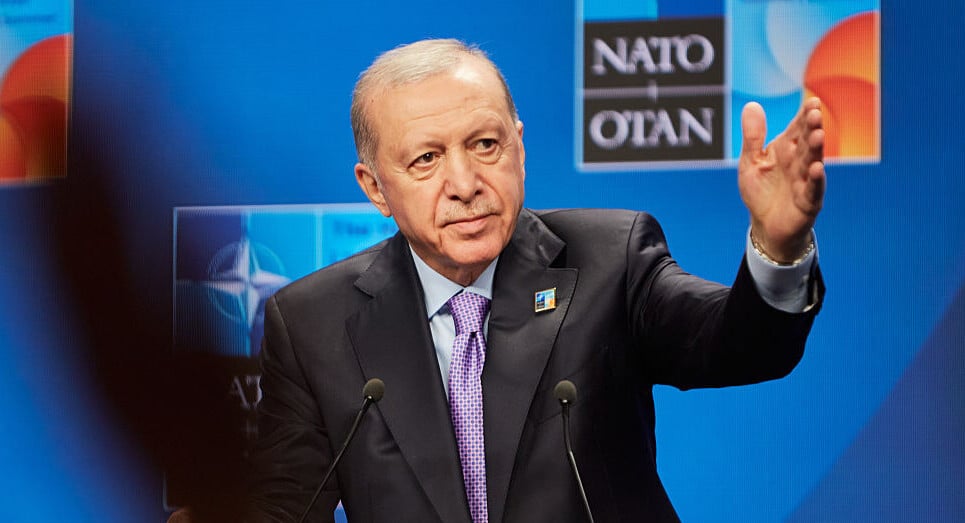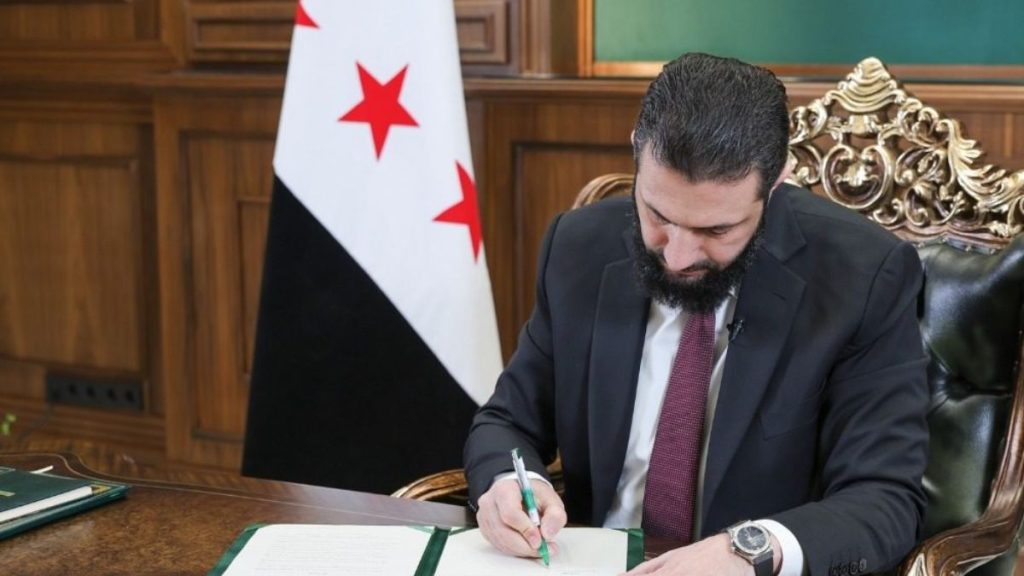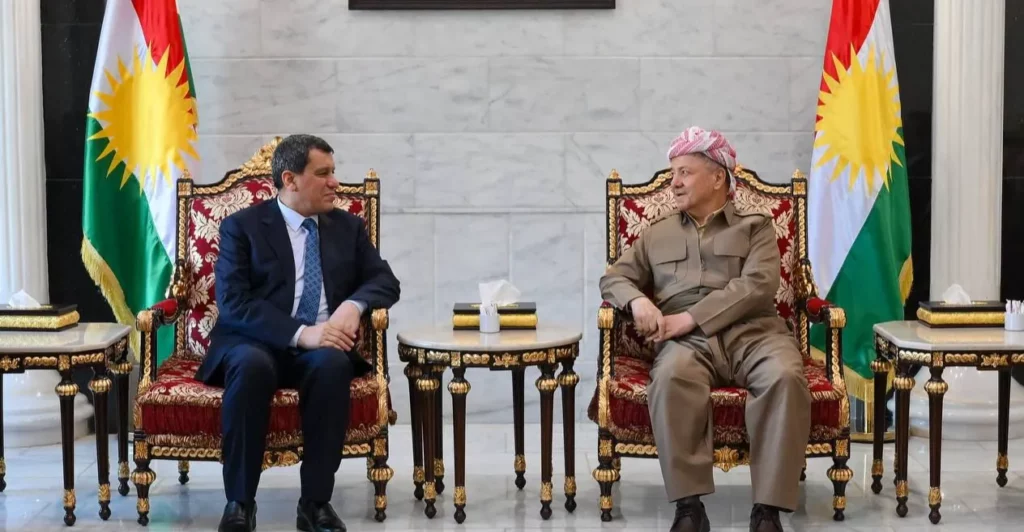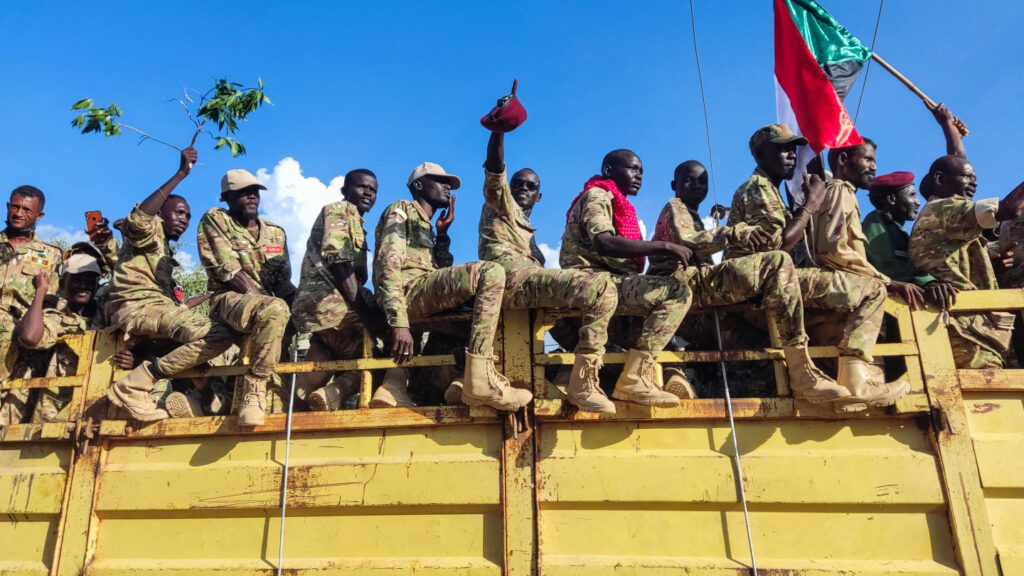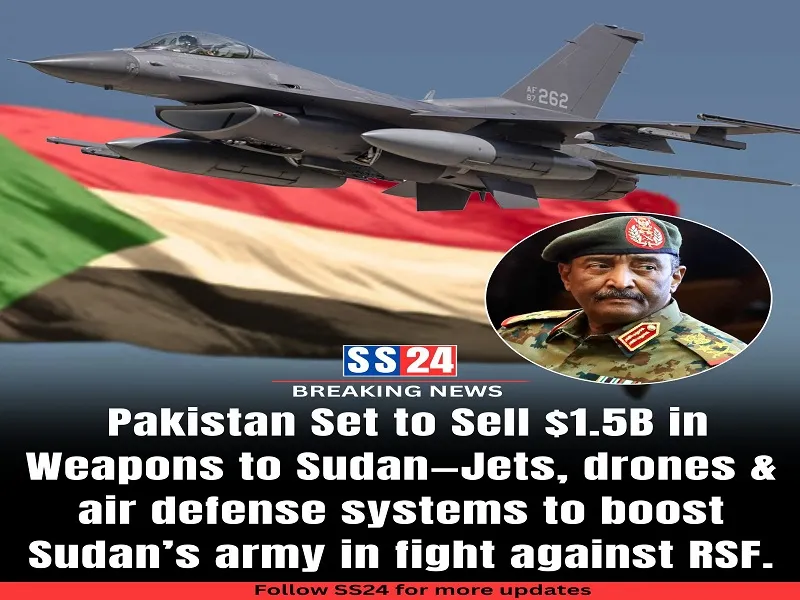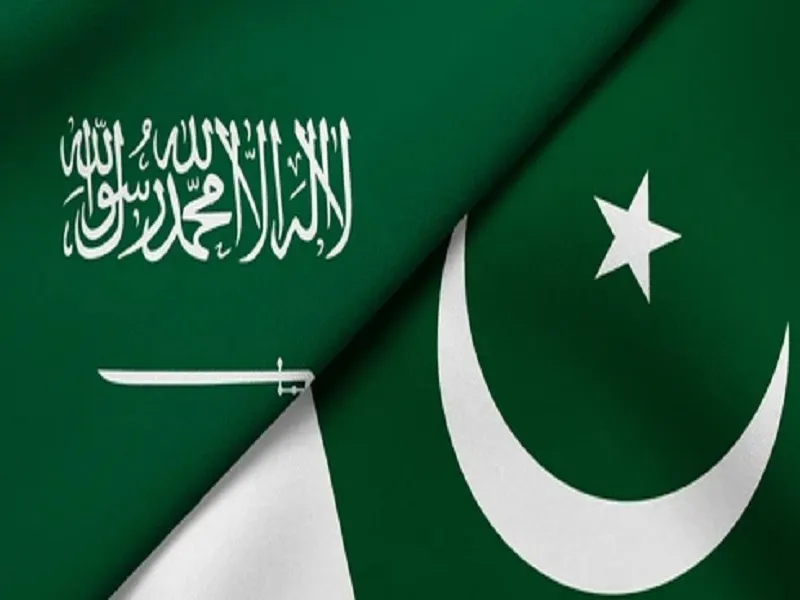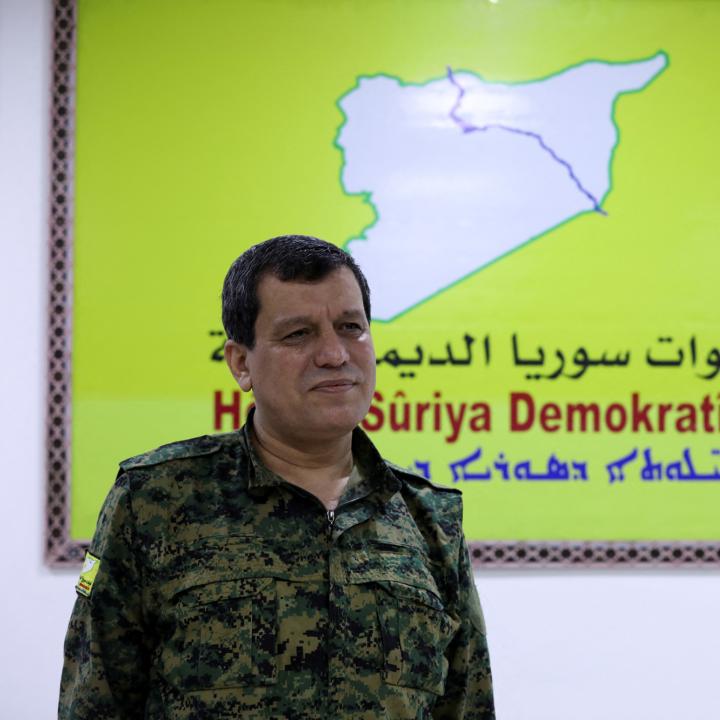The world is on the verge of a big war
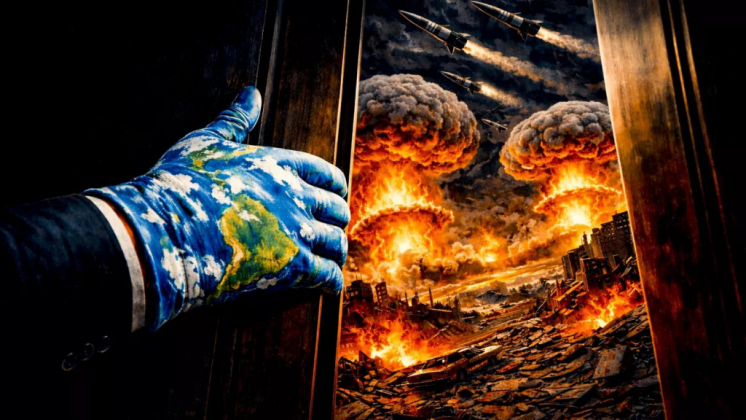
This text is a philosophical reflection on the attack on Venezuela and the operation to change the regime in Iran. I am sure that now, looking at what is happening in world politics, everyone has finally realized that international law no longer exists. He’s gone.


